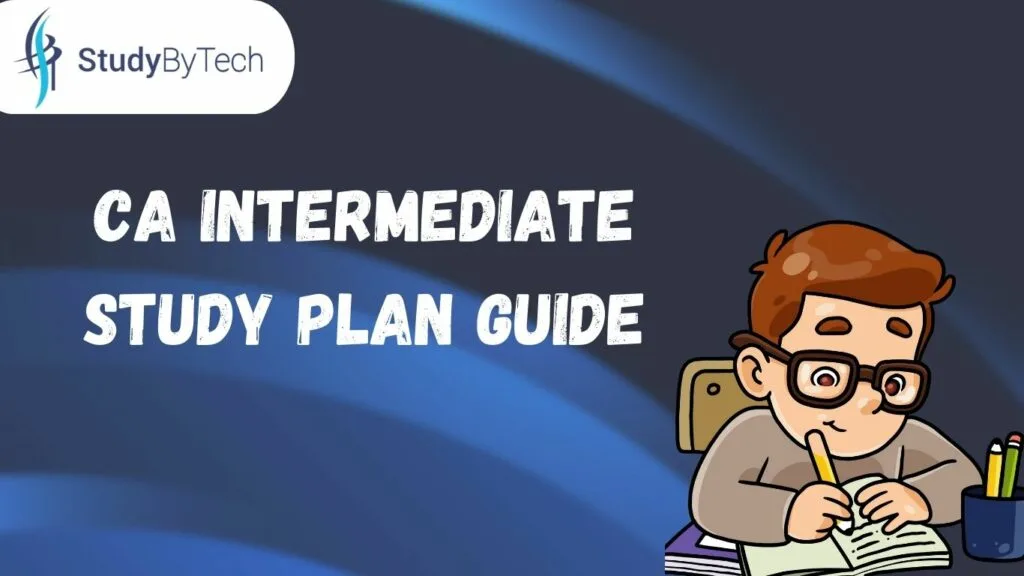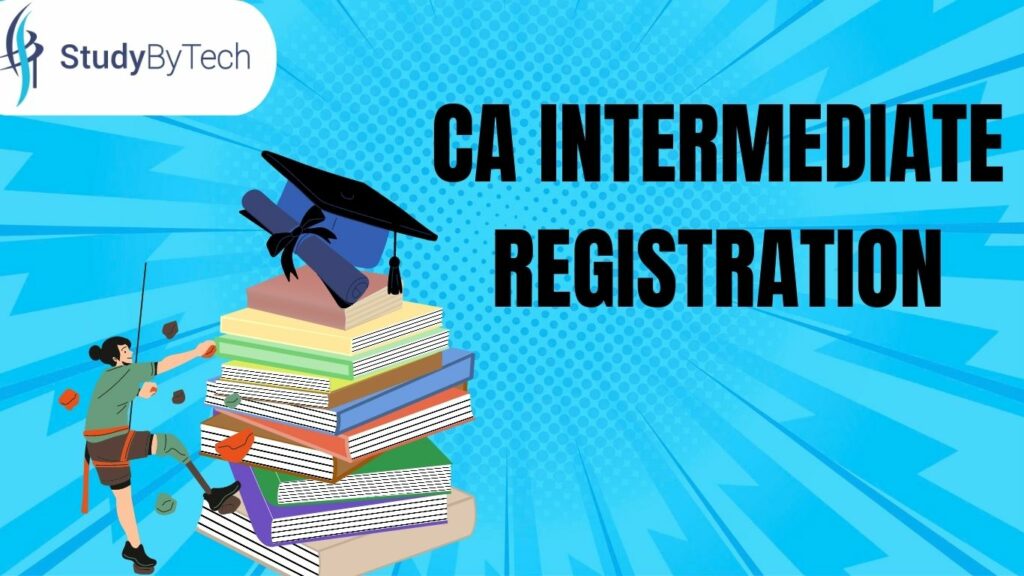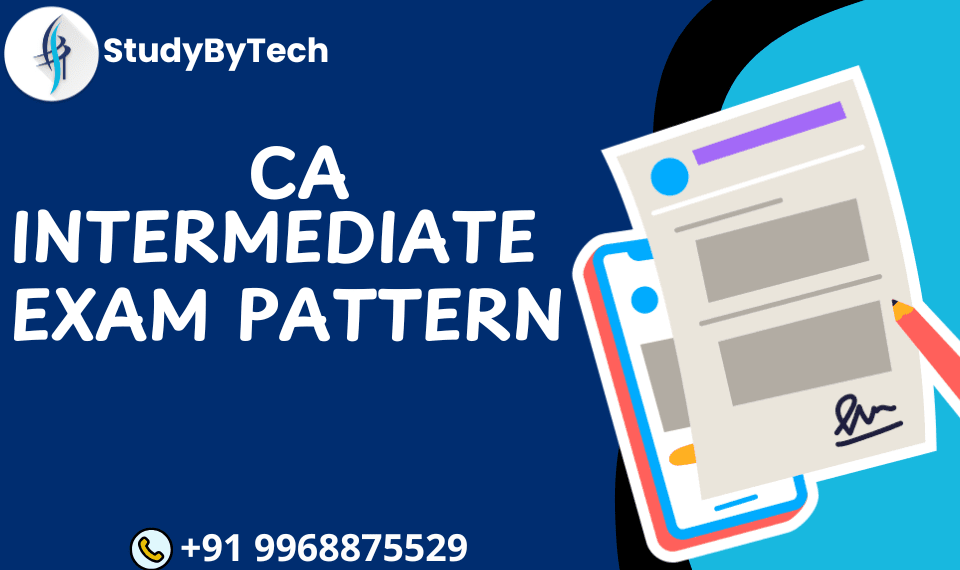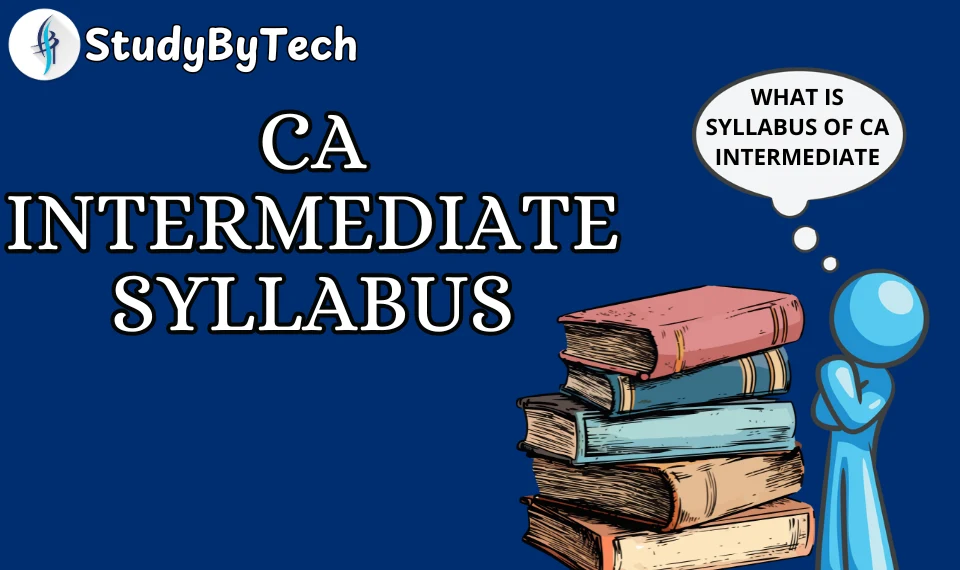CA Inter Costing Syllabus
The Chartered Accountancy (CA) curriculum’s crucial CA Inter Costing course gives students a thorough understanding of cost accounting concepts and methods. This course aims to give students the information and abilities they need to effectively manage expenses in various corporate situations. The course material covers a wide range of topics, including budgeting, standard costing, overheads, costing systems, and material and labor costing. For aspiring chartered accountants, CA Inter Costing is a crucial topic since it equips them with careers in cost management, budgeting, and financial analysis. An overview of the CA Inter Costing Syllabus, including the topics covered and their weighting, is provided in this section. Topics covered in CA Inter Costing Syllabus The following topics are covered by the CA Inter Costing Syllabus: Module-1 Module-2 Weightage of topics in CA Inter Cost Syllabus Before moving on to the chapter with less weight, students should concentrate on the chapter with more weight. Chapter No. Chapter Name Marks Weightage 1. Introduction to Cost and Management Accounting 4 2. Material Cost 6 3. Employee Costs and Direct Expenses 8 4. Overheads: Absorption Costing Method 6 5. Activity Based Costing 8 6. Cost Sheet 12 7. Cost Accounting System 12 8. Unit & Batch Costing 8 9. Job Costing and Contract Costing 8 10. Process & Operation Costing 6 11. Joint Products & By Products 8 12. Service Costing 8 13. Standard Costing 12 14. Marginal Costing 10 15. Budget and Budgetary Control 8 Conclusion The CA Inter Cost Syllabus, in conclusion, is an important part that gives students a solid foundation in cost accounting principles and procedures. In order to make wise financial decisions, students need to have a solid understanding of how costs are controlled in various company contexts. The syllabus is a crucial part of the Chartered Accountancy Curriculum since it covers a wide range of subjects that are pertinent to the accounting industry. Overall, anyone hoping to become a competent chartered accountant should focus on learning the ideas presented in the Inter Costing Syllabus. FAQ’s Want to subscribe to CA Inter Costing lectures? Read our blog on CA Inter costing- How to study CA Inter Cost study strategies?Read }, “publisher”: { “@type”: “Organization”, “name”: “Parag Gupta”, “logo”: { “@type”: “ImageObject”, “url”: “https://www.paraggupta.com/wp-content/uploads/cropped-Untitled-design-min.png” } }, “datePublished”: “” }








